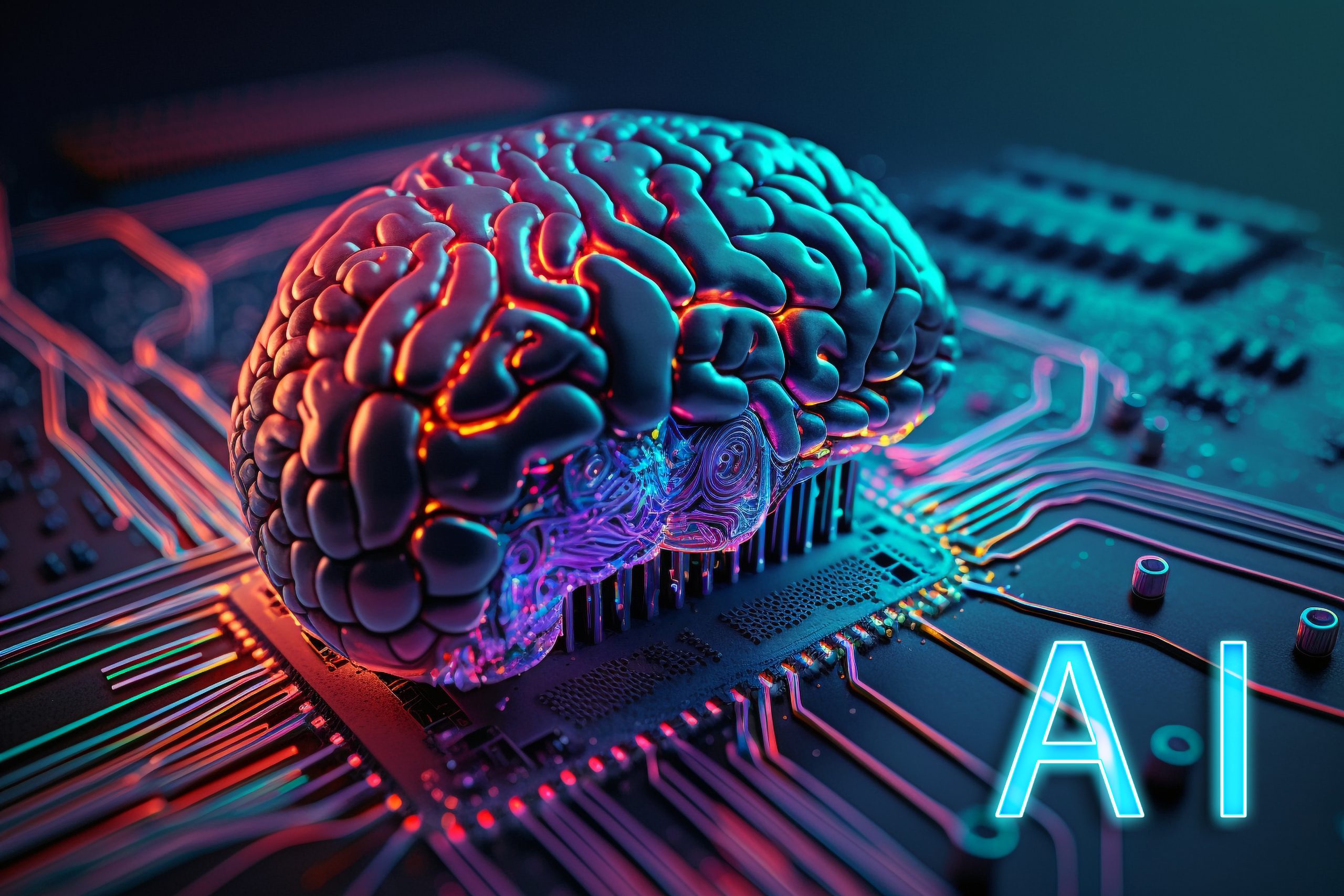WHY WE NEED ARTIFICIAL INTELLIGENCE
The development of artificial intelligence (AI) has been one of the most revolutionary developments in recent years. The topic of artificial intelligence is old news. This is due to the fact that it has grown to encompass all nooks and crannies of our society and routine activities. Technology integration has grown to be an essential aspect of our daily lives. Why do we need AI and What benefits can it bring to our society? In this blog article, we will explore the reasons why AI is not just a luxury, but a necessity in today’s world.
Artificial intelligence (AI) describes how computers that have been programmed to think and learn like people simulate human intelligence. It includes a range of technologies, including robotics, computer vision, natural language processing, and machine learning. Since its establishment as an academic field in 1956, artificial intelligence has gone through a number of waves of optimism, disappointment, and funding loss (known as a "AI winter"), new approaches, successes, and renewed funding. Numerous methods have been tried and rejected in AI research, including modeling human problem-solving, formal logic, massive knowledge bases, and brain simulation. Machine learning which is heavily statistical and mathematical has dominated the field in the first two decades of the twenty-first century. This approach has been very successful in solving many difficult problems in both industry and academia.
Here are some of the reasons why humans need Ai.
1. Enhanced Productivity and Efficiency
The ability of AI to increase efficiency and productivity across various industries is one of the technology's most important benefits. AI-powered machines are capable of carrying out repetitive tasks much more quickly and accurately than people. Businesses can do this to streamline operations, cut costs, and devote more human resources to challenging and innovative projects. AI has the potential to completely change industries, from manufacturing to healthcare, and result in significant increases in productivity, with AI energy companies driving innovations in sustainable energy practices.
2. Improved Decision-Making
AI systems can process and analyze enormous amounts of data in real-time, which enables them to come to consistent and well-informed decisions. AI can recognize patterns, spot anomalies, and produce insightful data by utilizing machine learning algorithms, which humans might overlook. This can significantly improve decision-making in industries like finance, marketing, and customer service, resulting in more successful strategies and better results.
3. Tailored Experiences
AI has the capacity to customize and tailor experiences for people in various spheres of their lives. AI algorithms can examine user data and preferences to analyze recommendations on streaming platforms and create targeted marketing campaigns. Additionally, Siri and Alexa and other AI-powered virtual assistants can comprehend and react to human voice commands, which makes daily tasks more practical and effective.
4. Advancements in Healthcare
AI applications have a significant role in the healthcare sector. Artificial intelligence (AI) systems are able to analyze patient data, identify trends, and foresee potential health risks. This may lead to improved patient outcomes due to early diagnosis and intervention. By tailoring treatments for various patients based on their genetic make-up and medical history, AI can also aid in precision medicine. AI-powered robotic surgeons are also being developed to perform difficult operations precisely and with minimal harm to the patient. In terms of medicine, a 2021 World Health Organization report noted that while incorporating AI into the healthcare industry presents challenges, the technology "holds great promise," as it may result in advantages like better health policy and increases in the accuracy of patient diagnosis.
5. Environment Preservation and Safety
AI has the potential to be extremely important in protecting our planet in light of the rising environmental sustainability concerns. AI can assist in maximizing energy consumption, reducing waste, and improving resource management by analyzing data and forecasting trends. This may result in more environmentally friendly practices in sectors like transportation, agriculture, and urban design. Governments could avoid the destruction of the environment by empowering authorities to use AI tools for that purpose.
6. Automation of Tedious and Hazardous Jobs
Automation of hazardous and risky jobs by AI has the potential to lower the risks to human lives. For instance, AI-powered robots can be used in dangerous environments like mines or nuclear power plants to carry out tasks that would otherwise put human workers in danger. In addition to ensuring safety, this boosts productivity and efficiency in these sectors.
THE FUTURE OF AI
When the computational costs and technical data infrastructure running behind artificial intelligence are considered, executing on AI is a complex and costly business. Fortunately, massive advancements in computing technology have occurred. Recent research discovered that AI innovation has actually outperformed all expectations.
According to this logic, artificial intelligence has made significant advances in a variety of industries over the last several years. And the possibility of an even greater impact over the next several decades appears all but inevitable. It is safe to say that the future of AI is bright.
Although AI is undoubtedly seen as a valuable and rapidly developing asset, this young field is not without its drawbacks. But incorporating AI into our society is not just a luxury; it is also a necessity. AI has the potential to revolutionize many areas of our lives, from increasing productivity and efficiency to enhancing decision-making and personalizing experiences. Its uses in healthcare, automation, and environmental sustainability are also extremely valuable. It is crucial to ensure ethical considerations and responsible usage as we continue to embrace and develop AI technologies in order to fully realize their potential for the good of humanity.









